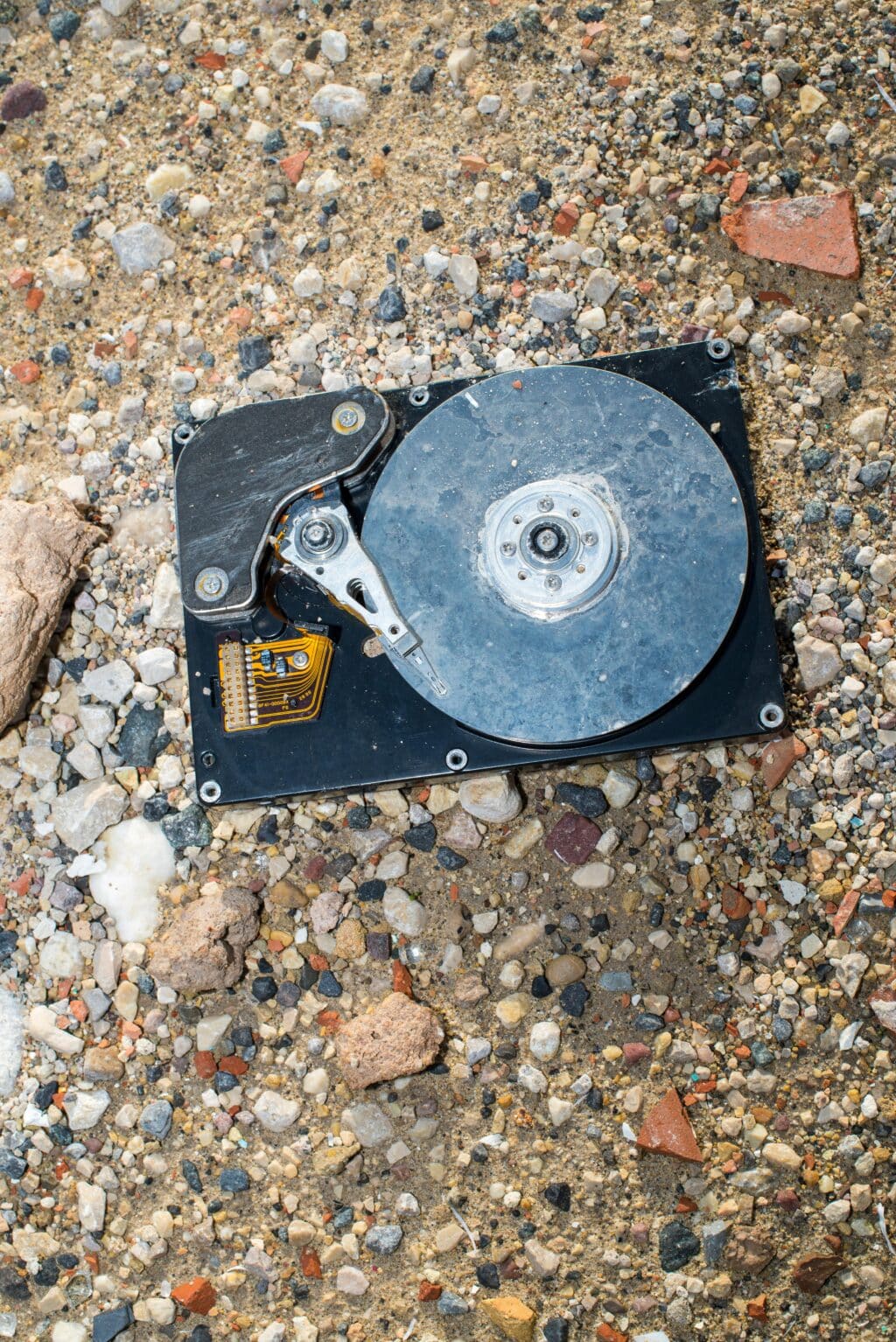In today’s digital world, electronics serve as repositories of vast amounts of personal and professional information. From smartphones and laptops to external hard drives and printers, these devices can store sensitive data—including passwords, financial information, medical records, and intellectual property.
When the time comes to dispose of or upgrade these devices, many people overlook a crucial step: ensuring complete data destruction. One of the most reliable ways to guarantee your information remains secure is by utilizing a certified electronic recycling facility.
Below, we explore why this is so important and how it benefits both individuals and organizations.
IMAGE: PEXELS
The Hidden Risks Of Improper Disposal
Simply deleting files or performing a factory reset on a device often does not remove data completely. In many cases, remnants of your information remain on the device’s storage media and can be recovered with readily available software. Improperly discarded electronics—even those that appear to be damaged—may still contain recoverable data that could be exploited by:
- Identity thieves, who can use your personal information to commit fraud.
- Cybercriminals, who may leverage data for phishing scams, ransomware attacks, or financial theft.
- Corporate spies, seeking intellectual property or proprietary business information.
Ensuring Regulatory Compliance
For businesses, data protection goes beyond protecting their reputation. Various regulations and laws—such as the General Data Protection Regulation (GDPR) in Europe, the Health Insurance Portability and Accountability Act (HIPAA) in the U.S., or state-level privacy statutes—mandate the secure handling and destruction of sensitive data. Companies risk:
- Hefty fines, if they fail to comply with legal requirements.
- Litigation, if personal or confidential data is mishandled.
- Loss of customer trust can have long-term consequences.
Certified electronics recycling facilities are well-versed in legal obligations and employ processes designed to meet or exceed regulatory standards.
Certified Data Destruction Methods
A reputable electronic recycling facility follows specific industry best practices that can include:
- Degaussing: Exposing storage media (like hard drives) to strong magnetic fields to disrupt stored data.
- Physical Shredding: Mechanically destroying storage devices (hard drives, solid-state drives, tapes) to ensure data cannot be recovered.
- Overwriting/Wiping: Using specialized software to overwrite existing data multiple times, making any remnants unrecoverable.
By entrusting your devices to certified professionals, you can be confident your data is thoroughly and irreversibly destroyed.
Detailed Documentation And Certificates
Many recycling facilities provide documentation that validates the data destruction process. This can be critical for:
- Internal record-keeping, ensuring a clear chain of custody for every discarded device.
- Regulatory audits, to confirm secure disposal practices.
- Client or stakeholder transparency, demonstrating your commitment to privacy and security.
Reducing E-Waste
Electronics contain hazardous materials like lead, mercury, and cadmium, as well as valuable metals such as gold, silver, copper, and palladium. When old devices are thrown in the trash or sent to landfills:
- Toxic substances can leach into soil and water, contaminating ecosystems.
- Precious metals are wasted, increasing the need for additional mining, which leads to further environmental impact.
By recycling electronics through certified facilities, you:
- Ensure environmentally safe handling of harmful components.
- Promote resource conservation by recovering and reintroducing valuable materials into manufacturing.
Minimizing Carbon Footprint
Producing new devices from raw materials consumes substantial energy. Recycling and reclaiming materials from old devices can:
- Lower greenhouse gas emissions, helping combat climate change.
- Reduce manufacturing costs, as recovered metals are often more cost-effective than newly mined resources.
Job Creation And Community Support
Electronics recycling is a growing industry, creating jobs in:
- Processing and dismantling
- Logistics and transportation of e-waste.
- Innovation, as new technologies to recycle and recover materials are developed.
Many recycling facilities also partner with local communities, offering fundraising opportunities or educational programs about responsible e-waste management.
Extending Device Lifespan
Before destroying data, some facilities assess which components or entire devices can be refurbished. By reintroducing usable equipment to the market—after thoroughly wiping data—facilities help:
- Lower costs for consumers and businesses seeking affordable, refurbished devices.
- Reduce overall e-waste, prolonging the lifecycle of electronic items.
How To Choose The Right Electronics Recycling Facility
Ask about the facility’s data destruction methods, including whether they physically destroy or digitally wipe drives, and if they provide Certificates of Destruction.
Opt for facilities or collection points that are conveniently located so you can recycle regularly. Some recyclers offer pickup services for larger quantities of electronics.
Conclusion
Disposing of unwanted electronics is about more than just clearing out clutter or upgrading to the latest model. Every device you part with may hold private information that could potentially be accessed by unauthorized individuals if not handled properly.
Working with a certified electronic recycling facility is the safest way to ensure your data is completely destroyed while also protecting the environment and supporting responsible, sustainable practices.
By taking this extra step, you safeguard your privacy, stay compliant with relevant regulations, and help create a healthier planet. Ultimately, responsible electronics recycling isn’t just good for data security—it’s a commitment to future generations and the world we share.
IMAGE: PEXELS
If you are interested in even more technology-related articles and information from us here at Bit Rebels, then we have a lot to choose from.


COMMENTS